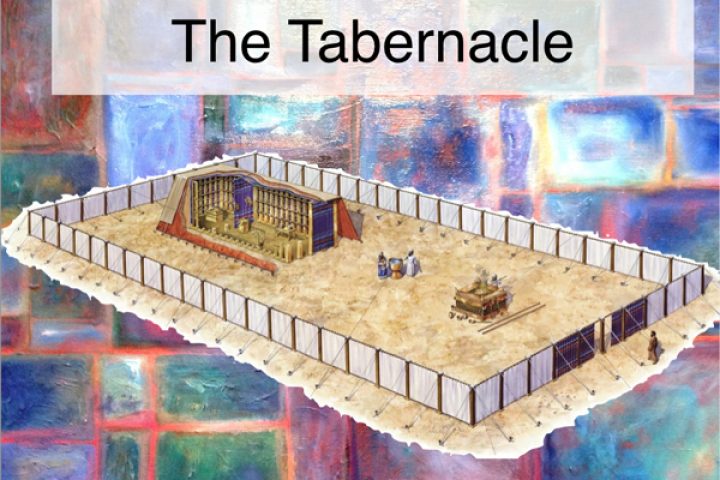Sermons from February 2017
Sacred Order
Exod 31:1-18 The tabernacle gave Israel a sacred geography. The Sabbath gave it a sacred calendar. The two tablets of the law gave it a sacred ethic. In these three ways the Lord gave his people order after the harsh disorder of slavery in Egypt. Freedom was not freedom from order, but order itself: order in space, order in time, and order in life. How should we understand sacred space, sacred time and sacred ethics today? Do we have a sacred order that gives us freedom?
Consecrated to God
Exod 29:1-46 017 is the 500th anniversary of the Reformation, dated to the moment when Martin Luther nailed his Ninety-Five Theses to the door of the Castle Church in Wittenberg. Luther recovered many Biblical truths that had been lost by the church in the previous thousand years. Among these was the idea of the priesthood of all believers. The medieval church divided Christians into a spiritual class of priests and monks consecrated to God, and the secular laity. In ancient Israel Aaron and his sons were ordained and consecrated to the Lord to serve him as priests in his sanctuary. But this exclusive priesthood did not carry over into the New Testament church. Instead, all God’s people are priests. We are “being built up as a spiritual house, to be a holy priesthood, to offer spiritual sacrifices acceptable to God through Jesus Christ” (1 Peter 2:5).
Jesus our Great High Priest
Exod 28:1-39 Continuing our series on the Tabernacle, we consider the high priest. He was the only one able to pass through both screens and the veil to enter into the Holy of Holies. He entered only once each year, on the Day of Atonement. Dressed in an elaborate set of holy garments, he carried on his heart and on his shoulders the names of the twelve tribes of Israel, so that, represented by him, they too were remembered before the Lord. But each year he had to come back out of Holy of Holies. Jesus, though, as our great high priest, has entered permanently into God’s presence, a minister in the holy places. In him, we are remembered permanently before the Lord. Our names are written on his hands.
Exclusion and Embrace
Exod 26:1-37 & 27:9-19 We return to the tabernacle for the month of February. This Sunday we will consider the tent and the courtyard which housed the seven items of furniture. God instructed Israel to make the tabernacle as a sanctuary so he could dwell in their midst (Exodus 25:8-9). But it was a dangerous thing for a holy God to dwell in the midst of a sinful people. They needed protecting from each other. Two screens and a veil progressively excluded people from approaching closer to God. They were excluded on the basis of ethnicity, of gender, of family background, and of physical perfection, until only one person was left who could enter the Most Holy Place, and he only on one day of the year. But now “we have confidence to enter the holy places by the blood of Jesus, by the new and living way that he opened for us through the curtain” (Hebrews 9:19-20). All the barriers are gone: “There is neither Jew nor Greek, there is neither slave nor free, there is neither male nor female, for you are all one in Christ Jesus” (Galatians 3:28). Exclusion has changed to embrace. God invites all to enter into his hospitality in Christ.
